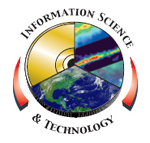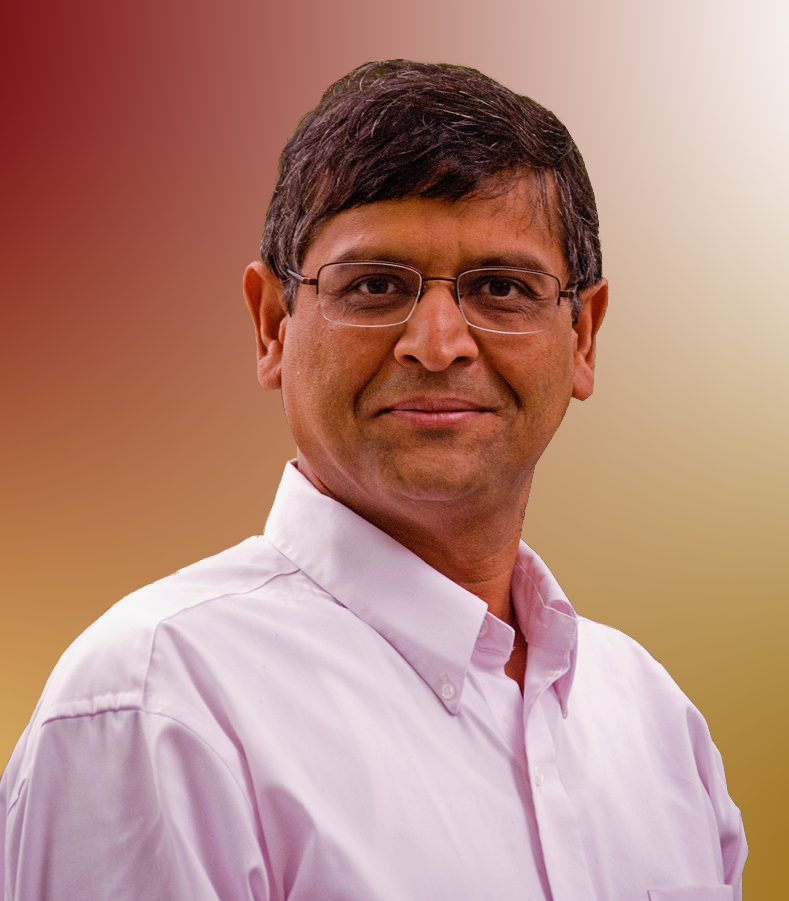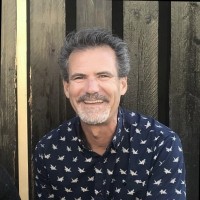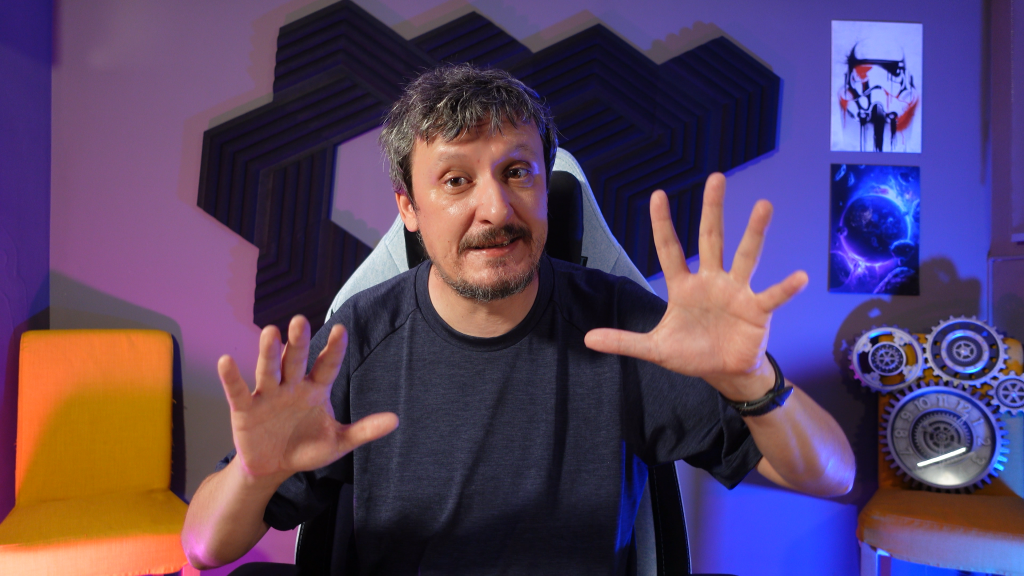Fall 2022
Knowledge-Guided Machine Learning: A New Framework for Accelerating Scientific Discovery
In real-world systems that are governed by physical processes, there is an opportunity to take advantage of fundamental physical principles to inform the search of a physically meaningful and accurate ML model. While this talk will illustrate the potential of the knowledge-guided machine learning (KGML) paradigm in the context of environmental problems (e.g., Fresh water science, Hydrology, Agroecology), the paradigm has the potential to greatly advance the pace of discovery in a diverse set of discipline where mechanistic models are used, e.g., power engineering, climate science, weather forecasting, and pandemic management.
Read MoreA knowledge commons framework for Earth and Space Science: Technical and cultural challenges and progress in Heliophysics
Knowledge commons are a combination of intelligent information representation with openness, governance, and trust required to create a participatory ecosystem whereby the whole community maintains and evolves the shared space together -[McGranaghan et al., 2021].
This concept is central to more cohesive communities, both within and across disciplines, open science, and robust and responsible practice of data science. We will introduce it and then highlight progress toward knowledge commons within Heliophysics. This talk will highlight progress toward the Heliophysics KNOWledge Network (Helio-KNOW), specifically focusing on the efforts to represent Heliophysics knowledge. It will emphasize efforts of a Heliophysics Digital Resource Library sprint activity in 2022 to extend the coverage of Heliophysics in the NASA Astrophysics Data System (ADS) that was generative of general-purpose approaches and tools that are important to all disciplines. We highlight the semantic technologies, or tools to represent the meaning in our data and information, being built for: 1) Heliophysics phenomena; 2) scientific literature; and 3) community.
Read MoreSpace ROS and its Potential for Space Robotics
Robots are becoming an indispensable tool in space exploration. Traditionally, these systems were developed using custom, proprietary software written for each application and hardware platform. Meanwhile, the broader robotics community has standardized on ROS, an open-source platform for building robotics applications. Now the space industry is following suit by developing Space ROS, which will allow ROS to be qualified for space applications and reused across missions, saving development effort and speeding up robotic space exploration. In this session, learn about Space ROS and its potential for space robotics.
Read MoreThe Future Is Above Clouds
We need an open-source universal control plane that will set the standard of how cloud vendors operate and how their services can be mixed and modeled to our specific needs. Crossplane (an open-source project) might be such a solution.
Read More



